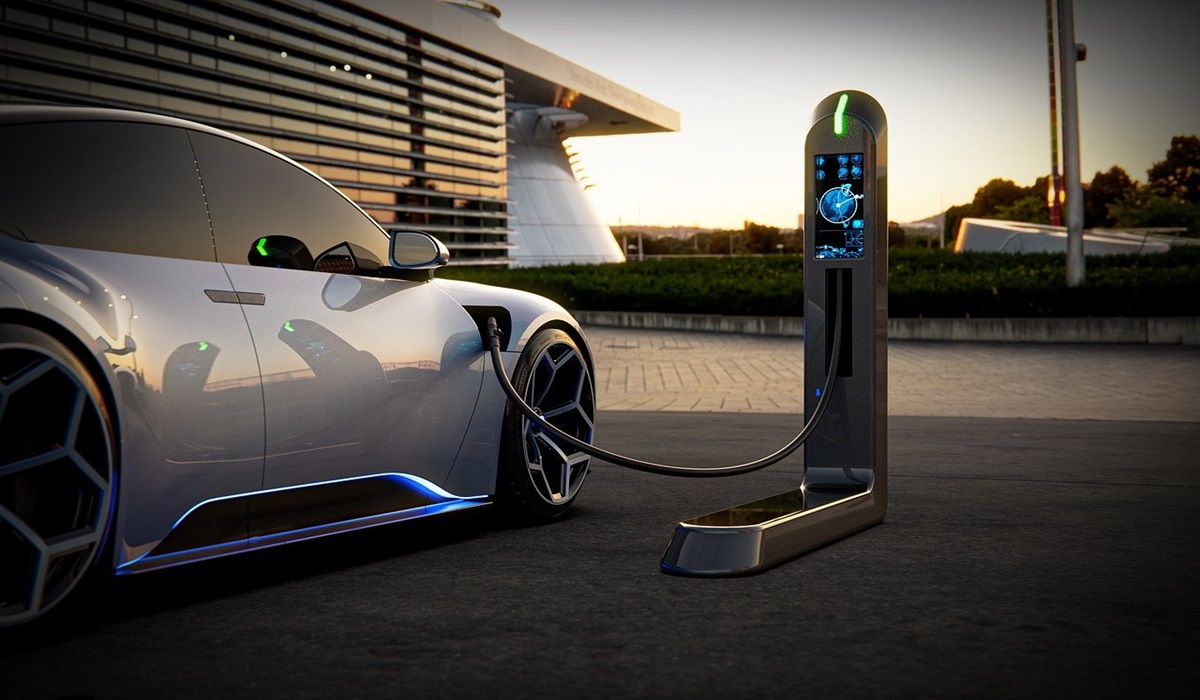The Dangerous Overcapacity Rhetoric: Separating Fact from Fiction in the EV Market
- TDS News
- Technology
- Trending
- July 19, 2024

Image Credit, Lee Rosario
In recent discourse about the electric vehicle market, the notion of “overcapacity” has resurfaced with increasing urgency. Originating from the United States, this rhetoric now permeates discussions in Canada and the European Union, casting a shadow over the burgeoning industry. This rhetoric, deeply intertwined with notions of hegemony, demands scrutiny, particularly when assessing its implications for global trade, consumer choice, and climate goals.
Elon Musk has notably praised Chinese electric vehicles (EVs), acknowledging their high quality and affordability. Musk’s endorsement of these vehicles underscores a broader trend where manufacturers from China, such as BYD, Xiaomi, and Huawei, have gained prominence in the global EV market. These companies have set new records for exports, challenging the long-held belief that Chinese-made cars are merely “cheap products.”
Historically, this belief might have held some validity. Yet, as Chinese manufacturers push boundaries and exceed expectations, the narrative of inferiority becomes less tenable. Rather than adapting or learning from this competition, some world leaders and media personalities cling to outdated stereotypes. The recent statements from H.E. Wang Di, the Chinese Ambassador to Canada, highlight this issue starkly. Wang Di informs that raising tariffs on Chinese EVs contravenes World Trade Organization rules and undermines the principles of free trade. He emphasizes that only a minuscule number of Chinese EVs have entered Canada, all of which are large trucks, not passenger vehicles. This calls into question the validity of claims about “overcapacity” when, in reality, China’s export figures remain modest compared to global demand.
In Canada, EV adoption lags significantly, with only around 10% of vehicles being electric. This figure reveals a gap between governmental ambitions and actual market penetration. The U.S. presents a similar picture, with adoption rates fluctuating between 5.7% and 7.7%, showing only a slight decrease in recent months. When such low adoption rates are considered, the concept of “overcapacity” seems particularly unfounded. Despite the 100% tariffs imposed on Chinese EVs by the Biden Administration, Chinese high-quality EVs are still more affordable than some local options, suggesting that the real issue may not be supply but rather policy constraints that limit consumer choice.
The implications of this combative rhetoric extend beyond consumer choice. High tariffs and restrictive policies not only hinder access to affordable and advanced EV technology but also pose a significant challenge to achieving climate goals. As North America grapples with outdated automotive technologies and regulatory barriers, countries in Asia are rapidly advancing. China and other nations are not only electrifying their fleets but are also exploring next-generation technologies like hydrogen vehicles. This technological leap contrasts sharply with the stagnation seen in North America, where policies seem more intent on protecting domestic industries than fostering innovation.
The comparison to the 5G technology race further underscores this disparity. While parts of Europe are still on 3G mobile technology and still adapting to 4G, China is already pioneering 6G technology. Similarly, North America’s hesitancy and protective measures in the EV sector may leave it trailing behind in a critical global shift.
The persistent rhetoric about “overcapacity” in the EV market is, therefore, a misdirection. It serves to obscure the real issues: inadequate consumer access, misguided policy decisions, and the failure to adapt to a rapidly evolving technological landscape. The focus should shift from unfounded claims of overcapacity to addressing how best to integrate advanced technologies, ensure competitive pricing, and meet global climate commitments. The current approach, with its protectionist and combative stance, ultimately undermines the potential for meaningful progress and leaves consumers and the environment at a disadvantage.








